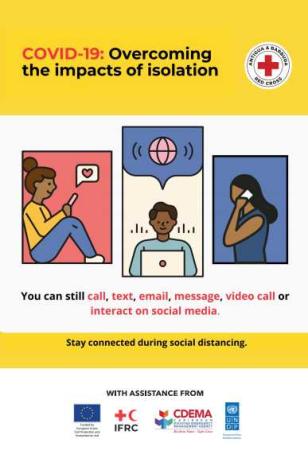Strategic Responses: Navigating Epidemics with Public Health Interventions
Epidemics present formidable challenges to communities and healthcare systems worldwide. This article explores the pivotal role of public health interventions in mitigating the impact of epidemics, highlighting the diverse strategies employed for effective epidemic management.
Surveillance and Early Detection
Surveillance and early detection are the foundational pillars of effective public health interventions during epidemics. Timely identification of outbreaks, monitoring disease patterns, and understanding transmission dynamics empower public health officials to implement targeted interventions swiftly. Robust surveillance systems enable proactive measures to prevent further spread.
Community Engagement and Education
Community engagement is a cornerstone of successful public health interventions. Educating the public about the nature of the epidemic, preventive measures, and the importance of early reporting fosters a sense of shared responsibility. Informed communities are better equipped to adhere to recommended guidelines, facilitating a collective response to curb the spread of infectious diseases.
Isolation and Quarantine Protocols
Isolation and quarantine are essential strategies to contain the spread of epidemics. Isolating infected individuals and implementing quarantine measures for those exposed help break the chains of transmission. Well-defined protocols for isolation and quarantine, coupled with effective communication, minimize community transmission and protect vulnerable populations.
Vaccination Campaigns
Vaccination campaigns play a pivotal role in preventing and controlling epidemics. Public health interventions often include mass vaccination initiatives to achieve herd immunity. Immunizing a significant portion of the population reduces the pool of susceptible individuals, limiting the virus’s ability to spread and protecting those who cannot receive vaccines.
Contact Tracing and Technology Integration
Contact tracing is a sophisticated intervention that leverages technology to track and trace the contacts of confirmed cases. Utilizing mobile apps, data analytics, and efficient communication channels enhance the speed and accuracy of contact tracing. Rapid identification of potential exposures allows for targeted testing and containment efforts.
Healthcare Infrastructure Reinforcement
Epidemics place immense pressure on healthcare infrastructure. Strengthening healthcare systems through public health interventions involves increasing hospital capacity, ensuring a robust supply chain for medical resources, and training healthcare professionals for surge capacity. A reinforced healthcare infrastructure is better equipped to handle the influx of cases during epidemics.
Risk Communication and Crisis Management
Effective risk communication is paramount in crisis management. Public health interventions include transparent and clear communication to disseminate accurate information, address public concerns, and provide guidance on protective measures. Well-managed communication strategies build trust and encourage compliance with recommended interventions.
Psychosocial Support and Mental Health Services
The psychosocial impact of epidemics necessitates dedicated interventions for mental health support. Public health initiatives include providing psychological first aid, counseling services, and promoting mental health awareness. Recognizing and addressing the mental health aspects of epidemics contribute to the overall resilience of communities.
International Collaboration for Epidemic Control
Epidemics transcend borders, emphasizing the importance of international collaboration. Public health interventions involve sharing information, resources, and expertise on a global scale. Collaborative efforts enable countries to learn from each other’s experiences, harmonize response strategies, and collectively address the challenges posed by epidemics.
Research and Innovation in Epidemic Response
Continuous research and innovation drive the evolution of public health interventions during epidemics. From developing new diagnostic tools to exploring innovative treatment modalities, research plays a vital role in enhancing epidemic response strategies. The integration of cutting-edge technologies ensures that interventions remain adaptive and effective.
The Road Ahead: Building Resilient Systems
In conclusion, public health interventions are indispensable tools in managing epidemics. As societies continue to face emerging health threats, building resilient public health systems becomes paramount. By embracing innovation, fostering community engagement, and prioritizing international collaboration, public health interventions pave the way for a more effective and coordinated response to epidemics.
For more information on public health epidemic interventions, visit Healthcare Systems.













